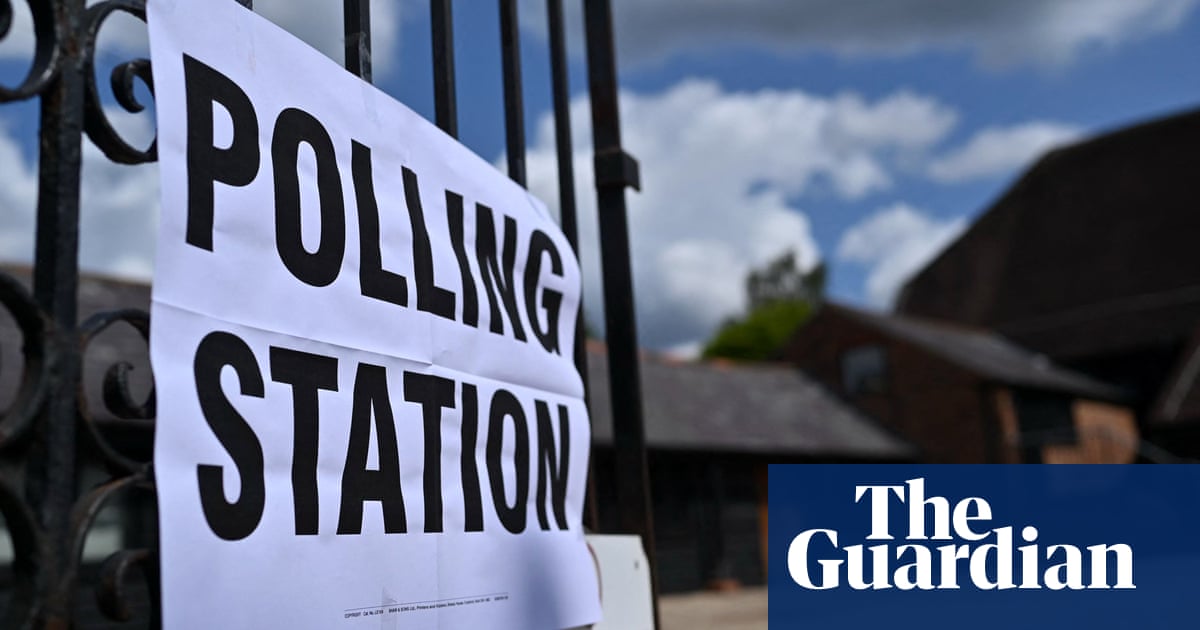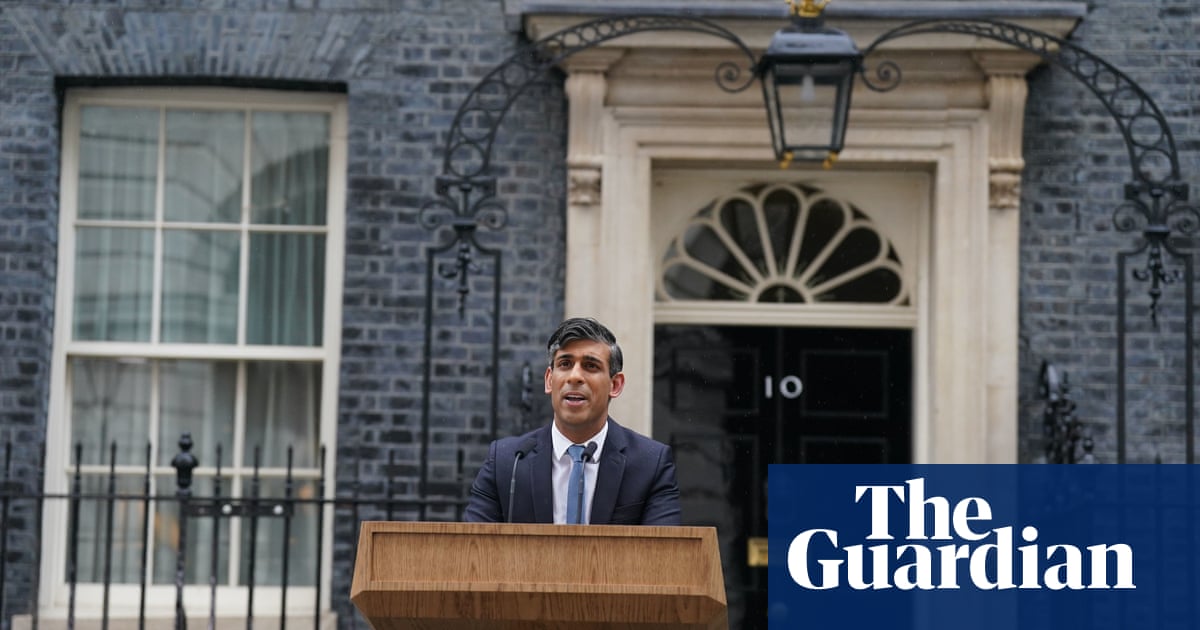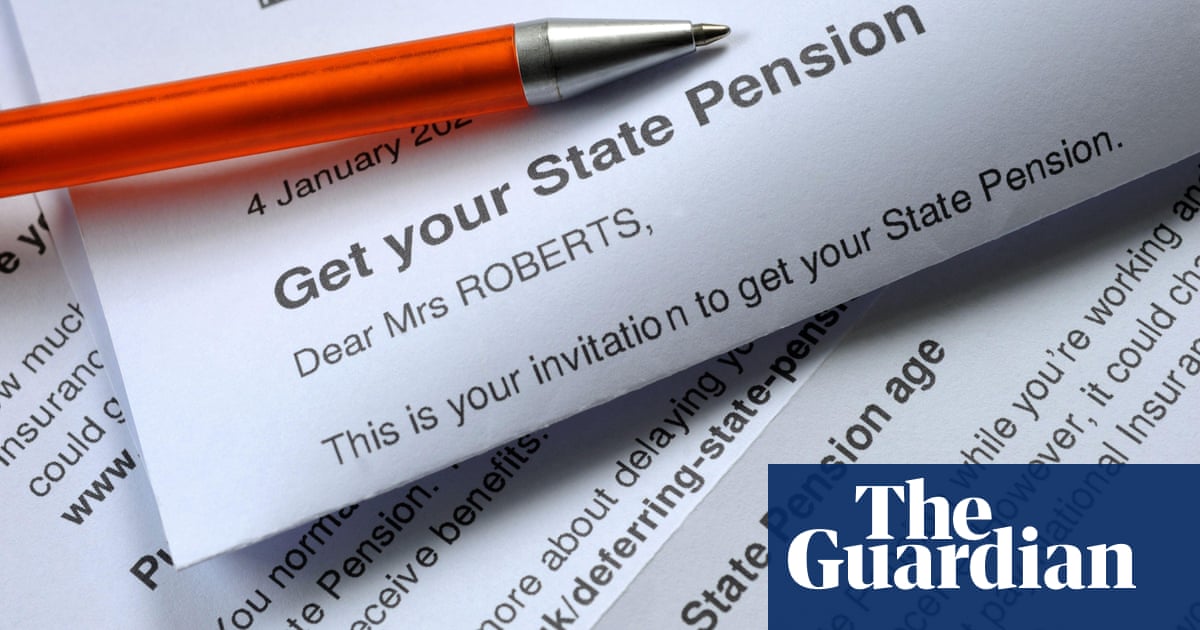
If Rishi Sunak sounds tetchy when asked the question, it is nothing compared with the frustrations of many voters: when exactly will there be an election? And why, crucially, is it entirely up to him?
To give the short answer, this is just the way UK politics is. Barring a fairly brief and largely botched recent experiment with fixed-term parliaments, election dates remain in the gift of a prime minister. To borrow a phrase sometimes used about jury trials, it is perhaps the worst system in the world, apart from all the other ones.
One thing is clear: when it comes to the overall stability of parliaments, the UK is not exactly a world leader. A study released last month by an electoral campaign group, which mainly focused on metrics such as how long ministers stayed in post, also had telling statistics on the longevity of parliaments.
In a league table of 17 countries with broadly comparable political systems, the UK came fourth last in terms of the proportion of parliamentary terms that reached their designated end point over the past 50 years. At 76%, Britain was worse than countries including Italy and Belgium.
It is more a factor of political culture rather than rules. At the other end of the table were half a dozen countries with completion rates of between 98% and 100%. Of these, only one – Norway – has no constitutional provision for early elections.
Parliamentary-centred democracies have differing needs from presidential ones. Thus, while the likes of François Hollande as French president could limp towards a firmly fixed election date with approval ratings of as low as 12%, for a prime minister this is not really an option.
“Part of this, of course, is that the government of the day has got to maintain the confidence of the elected chamber,” says Ruth Fox, the director of the Hansard Society. “Here, flexibility can be helpful. If a government is struggling, you want an exit mechanism before the final expiry date on the parliament.”
The need for such safety valves was demonstrated after the UK passed the Fixed-term Parliaments Act (FTPA) 2011, which dictated an election date of the first Thursday in May, five years after the last election.
While this happened as planned in 2015, in the next four years there were snap elections called by Theresa May in 2017 and Boris Johnson in 2019, both to break Brexit impasses. May took advantage of the ability to bypass the FTPA timetable with the support of at least two-thirds of MPs; while Johnson passed a new Act that required only a simple Commons majority.
Fox recalls warning in advance that the FTPA was unlikely to work, in part because she felt a four-year limit would have worked better but also because it was only passed as a sop to the Liberal Democrats under their coalition deal with the Conservatives, with minimal consideration of the probable repercussions.
And so it proved, Fox says. “As we saw, if the prime minister wants an election and can persuade his or her party to go for it, they can get around the law. So what’s the additional value of it? An awful lot of time was spent on this by the democratic reform community but to what end?”
The Tories repealed the FTPA in 2022, and while the Lib Dems want to bring back the idea, Labour has no apparent interest in resurrecting it, meaning Sunak and his successors are stuck with endless questions about election dates for the foreseeable future.
What repercussions are there for UK politics? To an extent there is a broader question: the recent political stability study, by the campaign group Make Votes Matter, argued that a much bigger factor in Britain’s recent flux had been its first-past-the-post electoral system.
While advocates of first past the post like to claim it brings reassurance, five prime ministers since 2016, and an eight-month average period in office for UK cabinet ministers since 2019 arguably tell a different story.
Joe Owen, a former senior civil servant who is now with the Institute for Government thinktank, notes some difficulties with a roving election date, not least how officials can superimpose budgets set by the financial year on to a change of government, which could come any time from this June to January 2025.
The impact of this, Owen argues, tends to be more political than administrative. “The fundamental point is that the civil service will still continue working to the government of the day. People often talk about civil servants dragging their feet ahead of an election, but a much bigger driver is whether ministers are still focused on getting stuff done,” he says.
This article was amended on 8 April 2024. An earlier version said that Boris Johnson was able to call an early election in 2019 by using a provision of the Fixed-term Parliaments Act; in fact, his government passed a new Act that required only a simple Commons majority.












